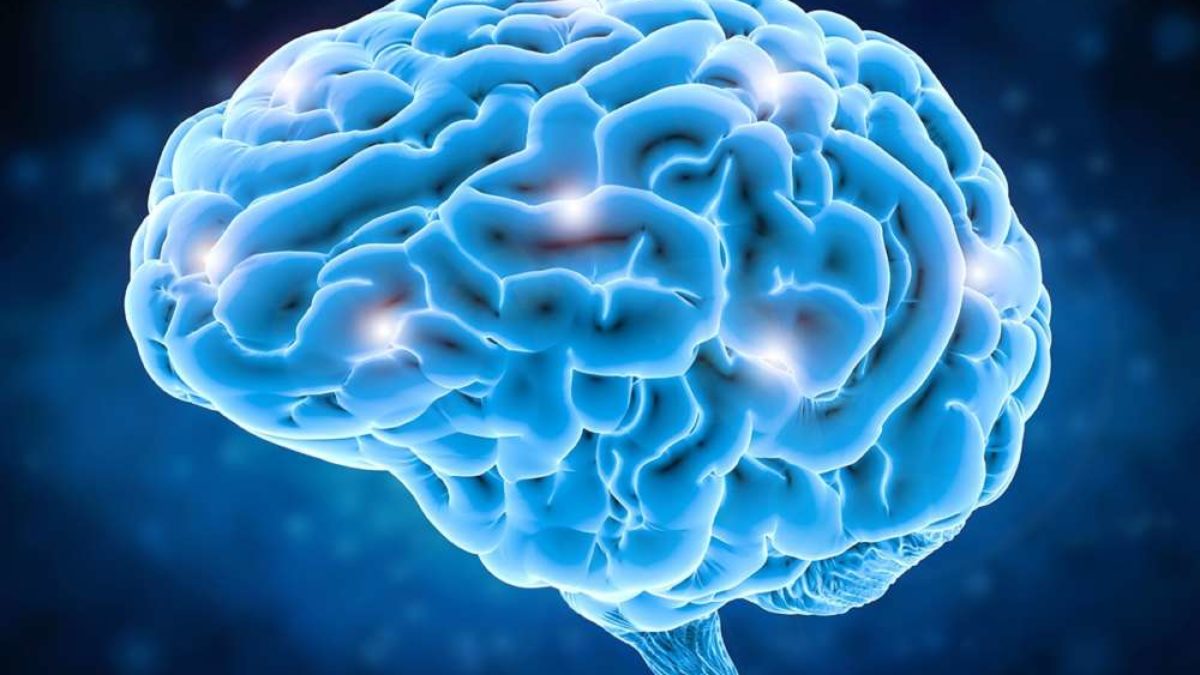A new study connects a daily cycle in brain temperature to survival following traumatic brain damage.
According to new study, normal human brain temperature changes significantly more than previously assumed, and this might be an indication of good brain function. In healthy men and women, while the average mouth temperature is less than 37°C, the average brain temperature is 38.5°C, with deeper brain areas frequently reaching 40°C, particularly in women throughout the day. Human brain temperature research have hitherto depended on data collected from brain-injured patients in critical care, when direct brain monitoring is frequently required.
Recently, a brain scanning technology known as magnetic resonance spectroscopy (MRS) has allowed researchers to assess brain temperature in healthy persons non-invasively.
However, until today, MRS has not been used to investigate how brain temperature fluctuates during the day, or how an individual’s ‘body clock’ impacts this.
Researchers at the Medical Research Council (MRC) Laboratory for Molecular Biology in Cambridge, UK, have created the first 4D map of healthy human brain temperature. This map challenges numerous previously held beliefs by demonstrating the astonishing extent to which brain temperature changes by brain area, age, gender, and time of day. Importantly, these findings call into question a commonly held idea that the temperature of the human brain and body are the same.
Daily brain temp cycle related to survival
The study, which was published in the journal Brain, also included an examination of data from traumatic brain injury patients, which revealed that the occurrence of daily brain temperature cycles highly correlated with survival. These results have the potential to improve our knowledge, prognosis, and treatment of brain damage.
In health, there is an unusual variance in brain temperature.
The researchers selected 40 volunteers, aged 20-40 years, to be scanned at the Edinburgh Imaging Facility, Royal Infirmary of Edinburgh, in the morning, afternoon, and late evening during one day to examine the healthy brain.
They also provided the participants a wrist-worn activity monitor, which allowed them to account for genetic and lifestyle variances in the timing of each person’s body clock, or circadian rhythm.
Also Read: Brain regulates illness symptoms: Study
Knowing the biological time of day that each brain temperature test was performed at allowed variances in each volunteer’s body clock to be included into the study for both ‘night owls’ and’morning larks.’
The average brain temperature in healthy subjects was 38.5°C, which was more than two degrees higher than the temperature recorded under the tongue. The researchers also discovered that brain temperature differed based on the time of day, brain area, sex and menstrual cycle, and age.
While the brain surface was normally colder, deeper brain areas were regularly higher than 40°C, with 40.9°C being the highest measured brain temperature. Brain temperature varied by roughly 1°C among all participants, with the greatest brain temperatures reported in the afternoon and the lowest at night.
On average, female brains were around 0.4°C warmer than male brains. This sex difference was most likely caused by the menstrual cycle, as most females were scanned during the post-ovulation phase of their cycle, and their brain temperature was around 0.4°C higher than females examined during the pre-ovulation period.
The findings also revealed that brain temperature increased with age across the subjects’ 20-year span, most notably in deep brain areas, where the average rise was 0.6°C. According to the researchers, the brain’s ability to cool down may decline with age, and further study is needed to determine whether this is linked to the development of age-related brain problems.
Follow Medically Speaking on Instagram

